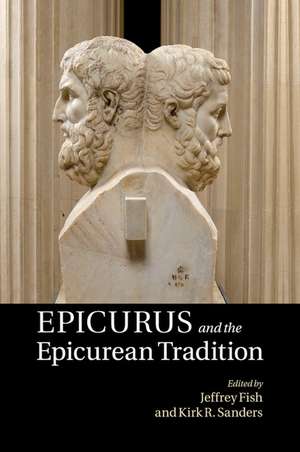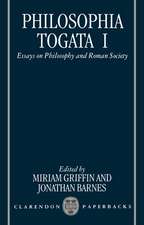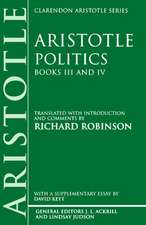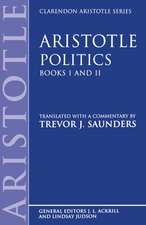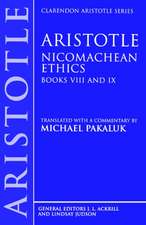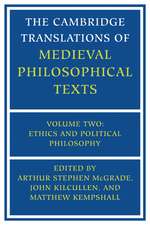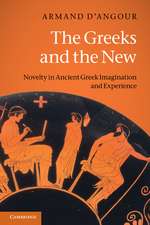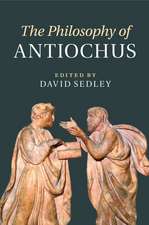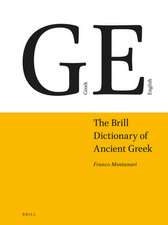Epicurus and the Epicurean Tradition
Editat de Jeffrey Fish, Kirk R. Sandersen Limba Engleză Paperback – 13 mai 2015
| Toate formatele și edițiile | Preț | Express |
|---|---|---|
| Paperback (1) | 284.56 lei 6-8 săpt. | |
| Cambridge University Press – 13 mai 2015 | 284.56 lei 6-8 săpt. | |
| Hardback (1) | 695.93 lei 6-8 săpt. | |
| Cambridge University Press – 25 mai 2011 | 695.93 lei 6-8 săpt. |
Preț: 284.56 lei
Nou
54.46€ • 56.65$ • 45.64£
Carte tipărită la comandă
Livrare economică 13-27 martie
Specificații
ISBN-10: 1107526477
Pagini: 280
Ilustrații: black & white illustrations
Dimensiuni: 152 x 230 x 15 mm
Greutate: 0.38 kg
Editura: Cambridge University Press
Colecția Cambridge University Press
Locul publicării:New York, United States
Cuprins
1. Introduction; 2. Autodidact and student: on the relationship of authority and autonomy in Epicurus and the Epicurean tradition Michael Erler; 3. Epicurus' theological innatism David Sedley; 4. Epicurus on the gods David Konstan; 5. Not all politicians are Sisyphus: what Roman Epicureans were taught about politics Jeffrey Fish; 6. Epicurean virtues, Epicurean friendship: Cicero vs. the Herculaneum papyri David Armstrong; 7. Cicero's use and abuse of Epicurean theology Holger Essler; 8. The necessity of anger in Philodemus' 'On Anger' Elizabeth Asmis; 9. Philodemus, Seneca, and Plutarch on anger Voula Tsouna; 10. Philodemus and the fear of premature death Kirk R. Sanders.
Descriere
Epicureanism after the generation of its founders has been characterised as dogmatic, uncreative and static. But this volume brings together work from leading classicists and philosophers that demonstrates the persistent interplay in the school between historical and contemporary influences from outside the school and a commitment to the founders' authority. The interplay begins with Epicurus himself, who made arresting claims of intellectual independence, yet also admitted to taking over important ideas from predecessors, and displayed more receptivity than is usually thought to those of his contemporaries. The same principles of autonomy and openness figure importantly in the three major areas of focus in these essays: theology, politics and the emotions.
